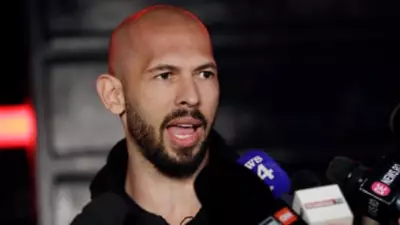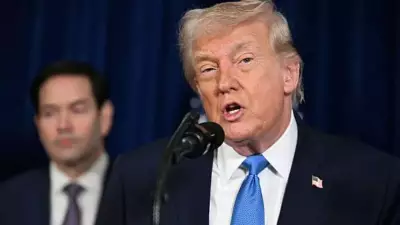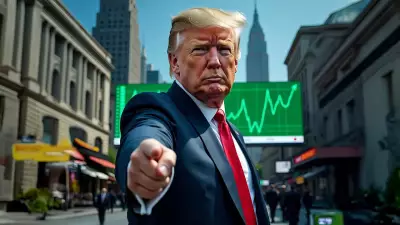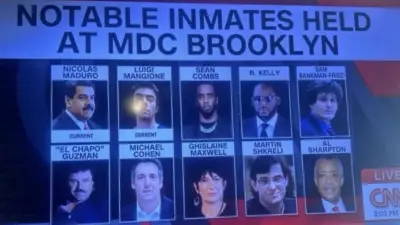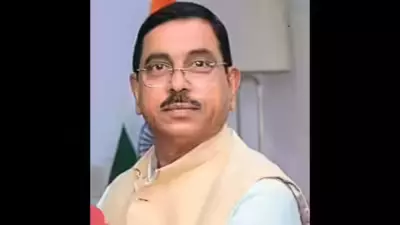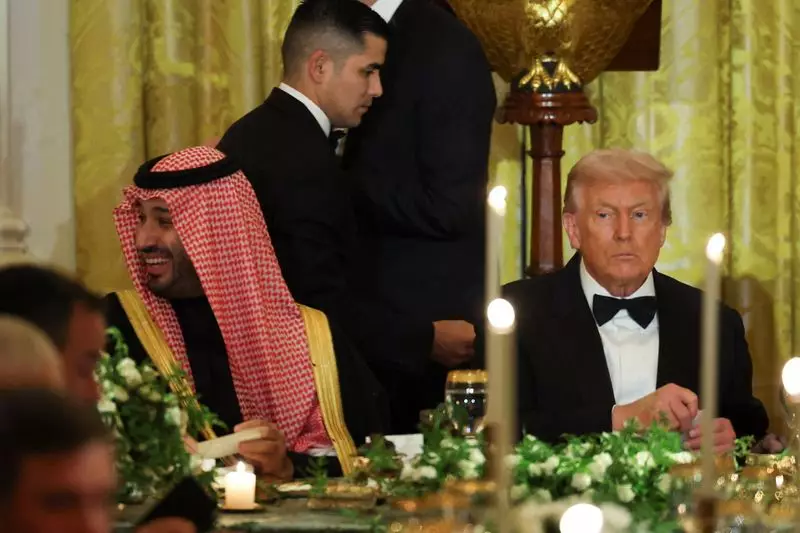
Former President Donald Trump engaged in a heated confrontation with ABC News correspondent Mary Bruce, delivering an angry response to three pointed questions about his recent debate performance and election claims. The explosive exchange occurred during a campaign event, highlighting the ongoing tensions between the former president and mainstream media.
The Tense Questioning That Sparked Outburst
Mary Bruce, representing ABC News, approached Trump with three carefully crafted questions that immediately put the former president on the defensive. The first question focused on Trump's debate performance against President Joe Biden, specifically challenging his claims about the current administration's policies. Bruce pressed Trump to substantiate his assertions with factual evidence.
The second question addressed Trump's controversial statements about election integrity and his repeated claims about the 2020 presidential election. Bruce asked whether he would accept the results of the upcoming 2024 election regardless of outcome. This particular line of questioning appeared to trigger the most intense reaction from the former president.
The third and final question concerned Trump's policy proposals and their potential impact on American democracy. Bruce sought clarification on several ambiguous positions Trump had taken during recent campaign rallies, asking for specific details about how he would implement these policies if elected.
Trump's Explosive Reaction
Trump responded with visible anger, immediately attacking Bruce's credibility and accusing ABC News of biased reporting. He characterized the questions as "unfair" and "typical mainstream media nonsense", suggesting that the network was deliberately trying to undermine his campaign. Witnesses reported that Trump's tone became increasingly confrontational as the exchange progressed.
The former president specifically took issue with what he called "gotcha journalism," claiming that Bruce and ABC News were more interested in creating dramatic moments than in substantive policy discussion. Trump defended his debate performance vigorously, insisting that he had provided accurate information and that the media was refusing to acknowledge his accomplishments.
Regarding election integrity, Trump repeated his familiar claims about the 2020 election while avoiding a direct answer about whether he would accept the 2024 results. His response echoed similar statements he has made throughout his campaign, maintaining that much depends on how the election is conducted.
Broader Implications for Media Relations
This incident represents the latest chapter in Trump's long-standing contentious relationship with the news media. Political analysts note that such confrontations have become characteristic of Trump's interactions with journalists throughout his political career. The pattern typically involves Trump attacking the credibility of news organizations that pose challenging questions.
The exchange with Mary Bruce comes at a critical moment in the 2024 election cycle, with both campaigns intensifying their media strategies. Trump's team has increasingly relied on alternative media platforms and social media to communicate directly with supporters, while maintaining an adversarial stance toward traditional news outlets.
Media ethics experts have expressed concern about the deteriorating relationship between political figures and journalists. They emphasize the importance of maintaining professional dialogue even when questions become challenging, noting that the public's right to information depends on journalists' ability to hold powerful figures accountable.
ABC News has stood by Mary Bruce's professional conduct during the exchange, releasing a statement supporting her right to ask tough questions of political candidates. The network emphasized that holding public figures accountable remains central to their journalistic mission, regardless of political affiliation.
As the 2024 election approaches, observers expect similar confrontations to occur with increasing frequency. Both campaigns appear prepared for aggressive media interactions, suggesting that voters should anticipate more tense exchanges between candidates and reporters in the coming months.

